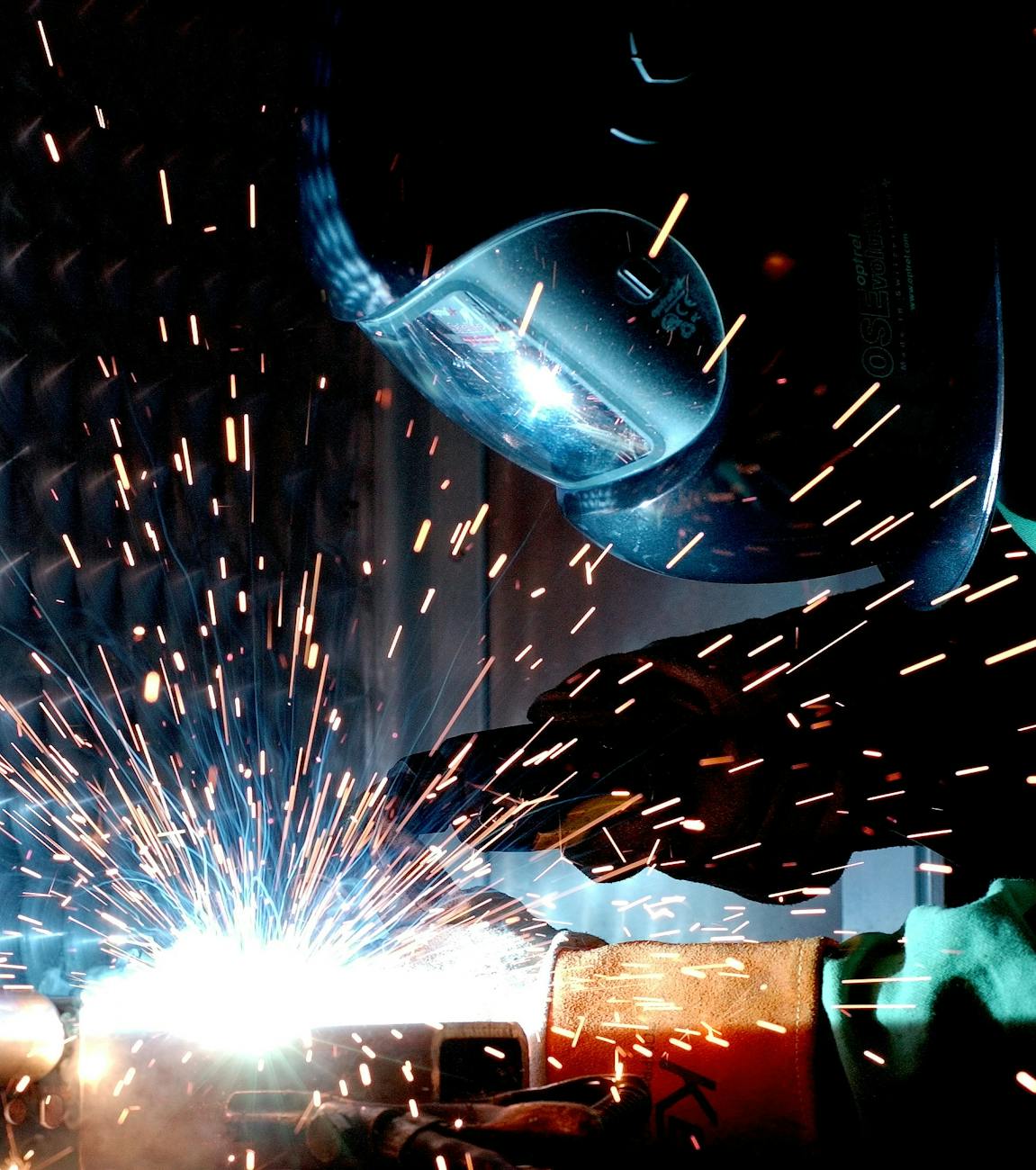CrateDB is positioning itself as a key player in accelerating AI adoption, particularly within the manufacturing sector, by focusing on real-time data infrastructure. The company aims to provide a unified data layer optimized for analytics, search, and AI applications, addressing the growing need for scalable and responsive AI solutions.
According to Stephane Castellani, SVP of Marketing at CrateDB, the company’s strategy revolves around minimizing the time lag between data generation and its utilization, delivering actionable insights in milliseconds. CrateDB achieves this through a four-step process: ingesting operational data, providing real-time aggregation and insights, serving data to AI pipelines, and facilitating feedback loops between AI models and the underlying data.
This approach has yielded significant improvements in query times, shrinking them from minutes to milliseconds. This speed allows for real-time telemetry collection from machines, bolstering predictive maintenance models and enabling knowledge assistance systems in factories. CrateDB is also being utilized as a vector database, providing real-time instructions and support during operational errors.
Recognizing the lag in agentic AI workflows within manufacturing, as highlighted by PYMENTS Intelligence research, CrateDB has forged a partnership with Tech Mahindra. This collaboration aims to deliver agentic AI solutions specifically tailored for the automotive, manufacturing, and smart factory domains. Further emphasizing its commitment to AI integration, CrateDB is also exploring the Model Context Protocol (MCP), which standardizes the process of providing context to large language models (LLMs). Their experimental MCP Server acts as an intermediary, facilitating seamless communication between AI tools and the analytics database.
CrateDB’s primary focus remains on performance and scalability, investing heavily in data ingestion capabilities and minimizing latency to meet the demanding requirements of real-time AI applications.
